What Are Closing Costs When Selling Your Home?

Selling a home involves various expenses, and understanding closing costs is essential to avoid surprises at the closing table. Here’s a breakdown of what closing costs typically include and what you might expect.
What Are Closing Costs?
Closing costs are fees and expenses that sellers need to pay to finalize a home sale. These costs vary based on location and specifics of the transaction, but having a clear idea of common costs can help in planning.
Common Closing Costs for Sellers
- Real Estate Agent Commission
The largest closing cost for sellers is usually the real estate agent commission, which can range from 2-6% and is negotiable. With recent changes in regulations as of August 2024, it's wise to discuss commission structures and options with your agent during the listing agreement process. - Transfer Taxes
Transfer taxes are fees imposed by the state, county, or municipality when transferring the property title from seller to buyer. These fees vary by region, so consulting with your agent for specific amounts is helpful. - Escrow and Closing Fees
Escrow or closing fees cover the cost of the escrow company or attorney handling the transaction. This service ensures that all funds, documents, and legal requirements are in place to complete the transfer of ownership. - Prorated Property Taxes
Sellers are responsible for property taxes up to the closing date. These taxes are prorated and included in the closing costs based on the local tax rate and the date the sale is finalized. - Homeowners Association (HOA) Fees
For properties in an HOA, prorated HOA fees, along with any transfer fees from the association, may be due at closing. Reviewing these details beforehand can prevent unexpected costs. - Credits Toward Closing Costs
Sellers may offer credits to buyers to cover part of the buyer's closing costs as an incentive. This can make your property more attractive in competitive markets. - Attorney’s Fees
In certain states, an attorney must be present at the closing, which adds to the seller’s closing costs. Your real estate agent can help clarify if this applies to you and coordinate with legal professionals if necessary.
Conclusion
In summary, common closing costs for sellers can include real estate agent commissions, transfer taxes, escrow and closing fees, prorated property taxes, HOA fees, potential credits to buyers, and attorney’s fees. Knowing what to expect can help you better plan for a successful sale.
Thinking of selling your home? Understanding these costs will help you make informed decisions along the way.
Categories
Recent Posts

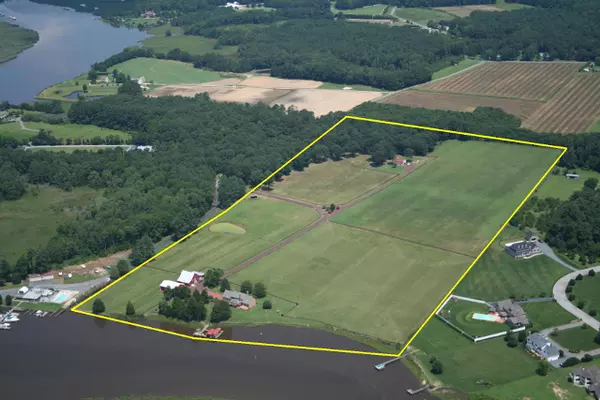
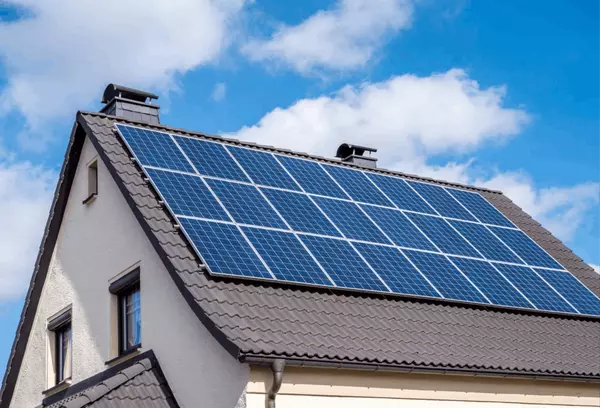
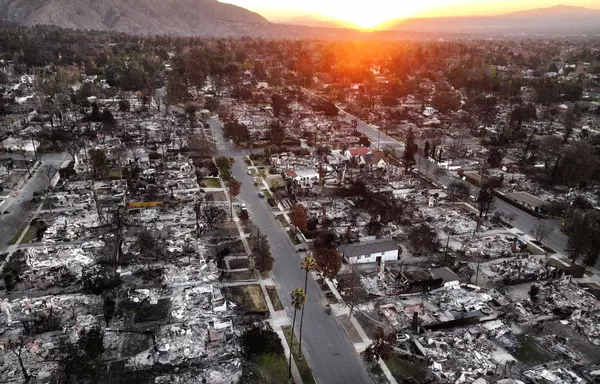

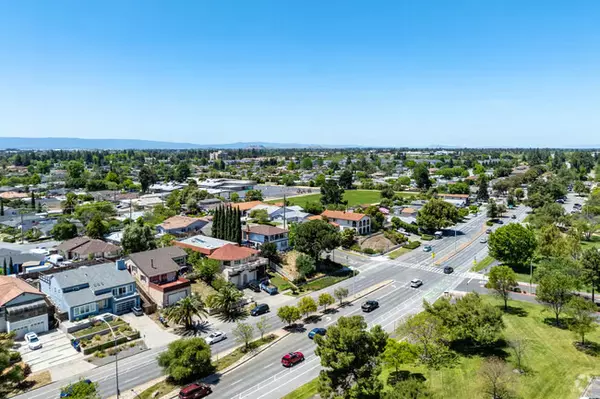
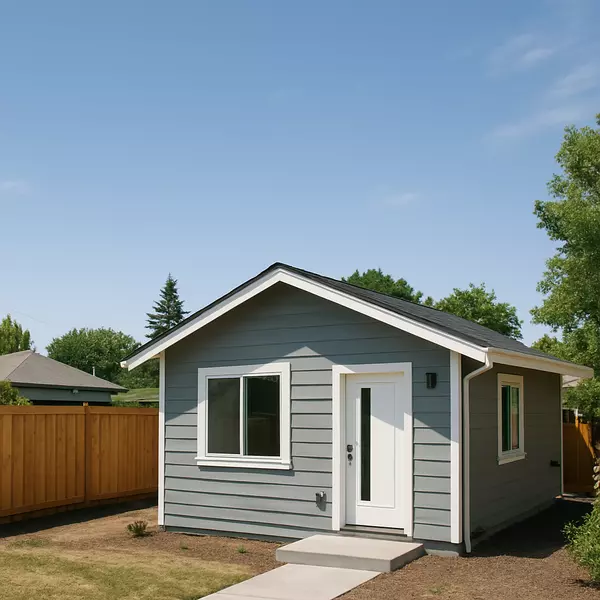
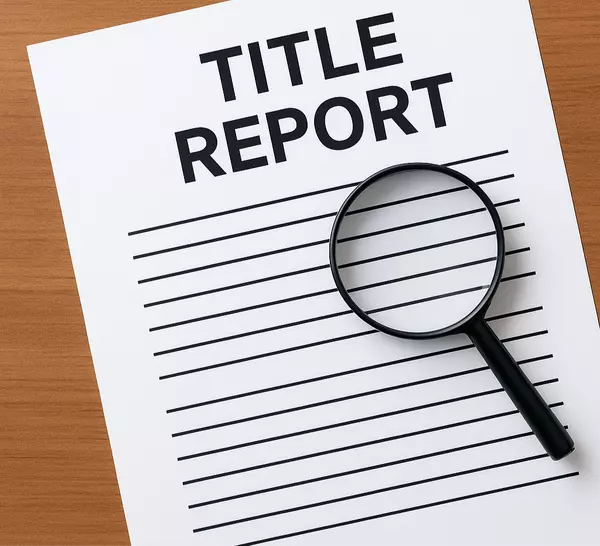


GET MORE INFORMATION

Parisa Samimi
Founder & Real Estate Broker | License ID: 01858122
Founder & Real Estate Broker License ID: 01858122
